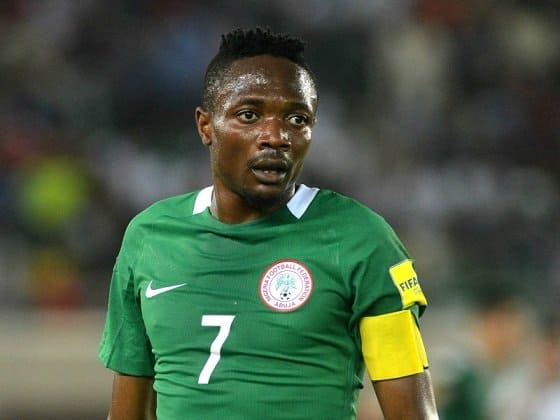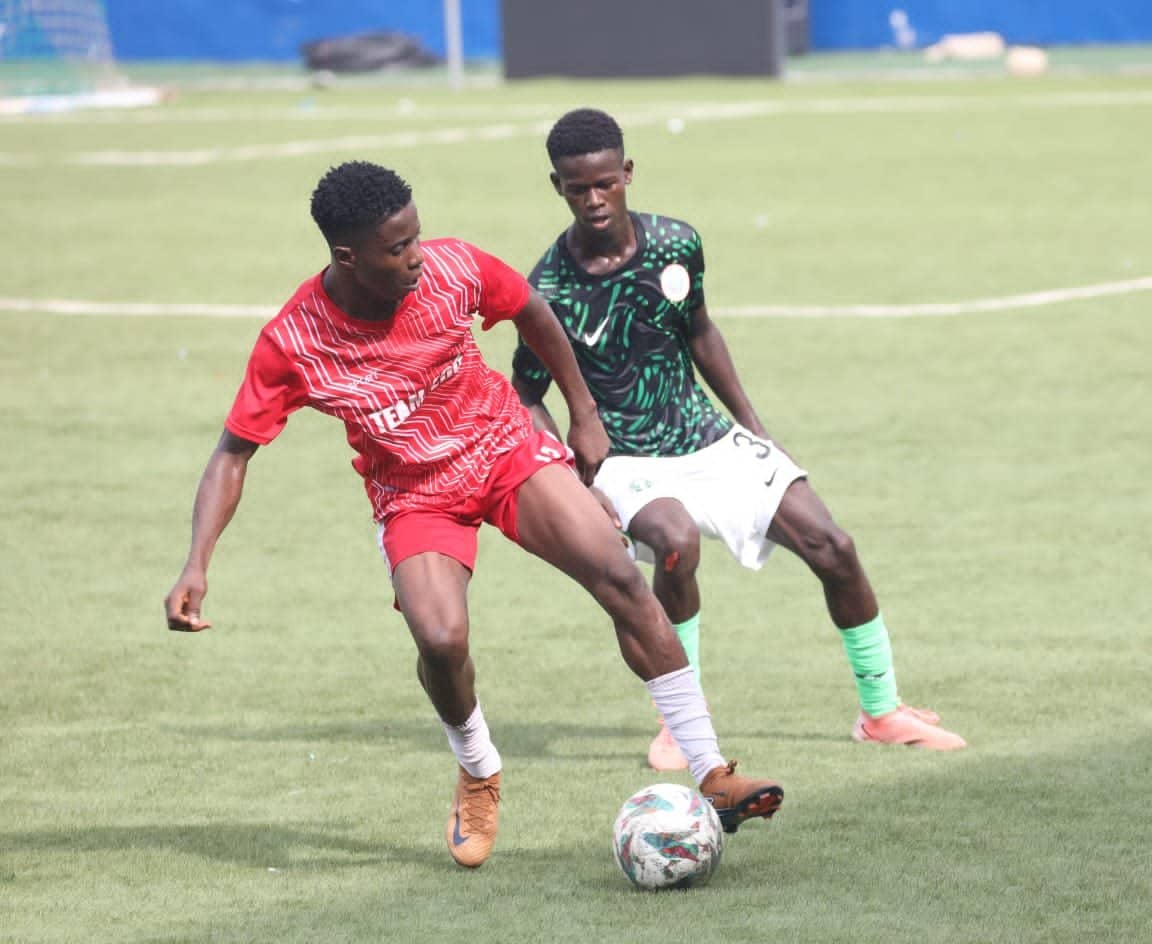Leading Beyond the Armband. In modern football, the role of a captain has evolved far beyond tossing a coin or wearing the armband. Today’s captains are motivators, diplomats, strategists, and in many ways, symbols of a national identity. Across African national teams, a distinct type of leadership is emerging—one that combines cultural fluency, emotional intelligence, and tactical authority.. Table of Contents. Toggle. These captains are often more than just the most experienced or talented players. They act as unifying forces in squads with complex linguistic, ethnic, and generational compositions. Their influence stretches beyond the pitch, serving as voices of calm in political crises, as advocates for players’ rights, and even as ambassadors for their countries on the global stage.. The Tactical Communicator. One of the most striking features of Africa’s current generation of captains is their deep involvement in the tactical execution of game plans. Players like Kalidou Koulibaly of Senegal or Ahmed Musa of Nigeria do not simply echo coaches’ instructions; they translate them into actionable strategies in real-time, adjusting formations and roles as the game unfolds.. Their multilingual abilities are an often-underestimated asset. In teams where players hail from domestic leagues, European clubs, and sometimes Middle Eastern or Asian squads, being able to communicate fluently across languages is vital. Captains frequently switch between French, English, Arabic, or Portuguese to maintain cohesion during intense moments—a crucial advantage in high-stakes tournaments.. Captains as Cultural Bridges. African national teams often represent more than just a collection of footballers; they embody regional diversity, postcolonial histories, and a mosaic of diaspora identities. Effective captains understand this and carry themselves accordingly. They are sensitive to cultural nuances within their squads, ensuring that rituals, celebrations, and even dressing room playlists reflect the group’s shared values.. In this context, leadership is not about dominance but inclusion. Captains lead prayers before matches, mediate conflicts between players from rival domestic clubs, and create space for younger athletes to find their voice. These gestures, while small, establish a foundation of trust and unity that often determines success in tournament play.. Watch: Can The Super Falcons Reclaim The WAFCON Title In Morocco?. The Mental Game and Public Pressure. Leadership at the national level also comes with enormous psychological demands. A single performance can shift public perception from hero to scapegoat overnight. In countries where football is intertwined with national pride, captains absorb the weight of collective emotion—joy, disappointment, and outrage alike.. This is especially evident in penalty shootouts or after elimination from a major tournament. Captains are expected to be the first to speak to the press, to shield teammates from criticism, and to offer symbolic resilience in the face of defeat. Doing so requires not only personal strength but also media savvy and a deep understanding of public sentiment.. Support for captains in managing these pressures has grown. Access to sports psychologists, leadership training, and even digital analytics platforms—such as Footy Guru—provides captains with tools to monitor team morale, stress levels, and individual player performance. These resources allow captains to lead more effectively, not just through words but through informed action.. Gender, Leadership, and Emerging Icons. Women’s football in Africa is also seeing a new wave of leadership from captains who are rewriting the playbook. Players like Thembi Kgatlana (South Africa) and Onome Ebi (Nigeria) bring fierce discipline and advocacy into their roles. They navigate not just the tactical and emotional aspects of leadership but also the structural challenges that female athletes continue to face in the continent’s football ecosystem.. These captains often double as activists—campaigning for equal pay, better facilities, and recognition. Their leadership extends into policy, education, and grassroots development, making them catalysts for change in and beyond the sport.. The Legacy They Leave Behind. The most impactful captains understand that their influence lasts longer than their playing careers. They invest in football academies, mentor younger players, and serve as role models for integrity and service. Some transition into coaching, federation leadership, or philanthropic work, continuing to shape the future of African football long after they’ve hung up their boots.. Their legacy is not measured solely in trophies or appearances, but in how they’ve transformed the concept of leadership itself—turning the captaincy into a platform for transformation, unity, and national pride.



